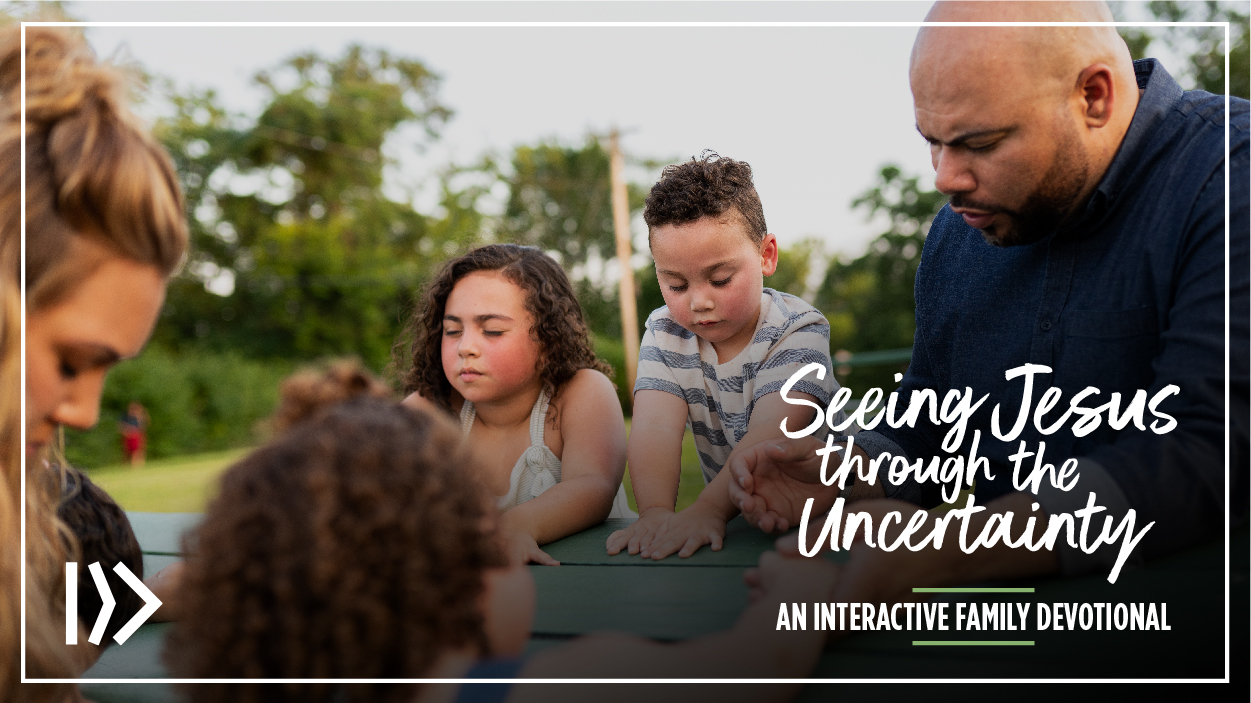
GLORIETA, N.M.(BP)–If you’re a parent now, you’ll be one until you die, a leader of senior adult ministries said.
“Once a parent, always a parent,” Kathy Mims, director of senior adult ministries for First Baptist Church, Albany, Ga., told senior adult leaders attending the National Senior Adult Leadership Summit at LifeWay Glorieta Conference Center, Glorieta, N.M., Feb. 27-March 2.
While there are some parents whose children die before them, Mims said, “most of the time you can bank on the fact that you will be a parent until you are no longer around. It’s a lifetime commitment that can be a source of great stress and heartbreak.”
Parents of adult children think about their parenting techniques in ambiguous ways — “you wish there were some things you had done differently, but you believe there are some things you did well.”
Three broad misconceptions about the parent-adult child relationship exist today, said Mims, who has three stepchildren.
Many believe older parents have little contact with their children, that they receive little assistance from them and that parents consent to allowing their adult children to run their lives.
“These are all false,” she said. The truth is that aging parents and their adult children typically remain very involved with each other. Also, a tremendous amount of intergenerational exchange and assistance between older parents and their adult children usually exists. And assistance typically is reciprocal.
Parent-adult child relationships are different from friendships or work acquaintances, Mims said.
“One, the relationship is not voluntary. You take what you get. We pick our friends, but not our parents or our children.” Two, the relationship is permanent. “There are some exceptions, but by and large, you can’t give each other back.”
Additionally, the relationship exists across several stages of life. Finally, it is a relationship of ambivalence or love-hate.
“There are times you get along, and there are times you just don’t want to be around each other,” Mims said.
Three areas of parent-adult child relationships that are likely to generate disagreement are:
— dependency versus autonomy, such as with daughters struggling for their need to remain daughters, while trying to be good wives and mothers.
— conflicting norms that include what sort of obligations family members have to each other.
— solidarity or how interdependent the family is. “The more dependent you are, the more opportunity there is for conflict. Parents are more likely to have run-ins with children who live next door than those who live across the country.”
Other areas that can create stress in the parent/adult child relationship, Mims said, are differences in values and beliefs, differences caused by parents and children being at different developmental stages, parents’ expectations of children who didn’t “turn out” as they had hoped and adult children’s expectations of their parents.
“A lot of times these can dissipate with just a little conversation,” she said.
Mims offered parents of adult children eight “strategies for building and maintaining healthy relationships” with their children:
— Be honest with yourself as well as everybody else involved.
— Communicate. “Listen, and share yourself. Talk about your expectations. If you don’t communicate, you tend to internalize.”
— Validate feelings and beliefs. “When you validate something, all you are saying is, ‘I recognize it as real to you, maybe not to me.’ Feelings are not right or wrong; they just are. You can validate the feelings of your children, but it doesn’t mean you have to agree.”
— Respect your children. “They are individuals and have minds of their own. Recognize them as separate persons from you.”
— Let go. “Don’t take on responsibility for what they’ve done. Don’t bail them out of everything. Don’t take sides. If your child wants to complain about a spouse, listen, but don’t take sides.”
— Don’t take all the blame for what doesn’t work “or all the credit for what does work.”
— Choose for yourself. “A healthy relationship is not something your children bestow on you but something you choose for yourself. Make the decision to have a healthy relationship and then take steps to build it.”
— Rely on God. “How does anybody survive parenthood or even life without God?”
About 167 senior adult leaders from 24 states attended the National Senior Adult Leadership Summit, sponsored by LifeWay Christian Resources of the Southern Baptist Convention. Instead of a leadership summit next year, LifeWay is planning a National Senior Adult Convention, April 15-17, 2002, in Fort Worth Texas.
–30–





















